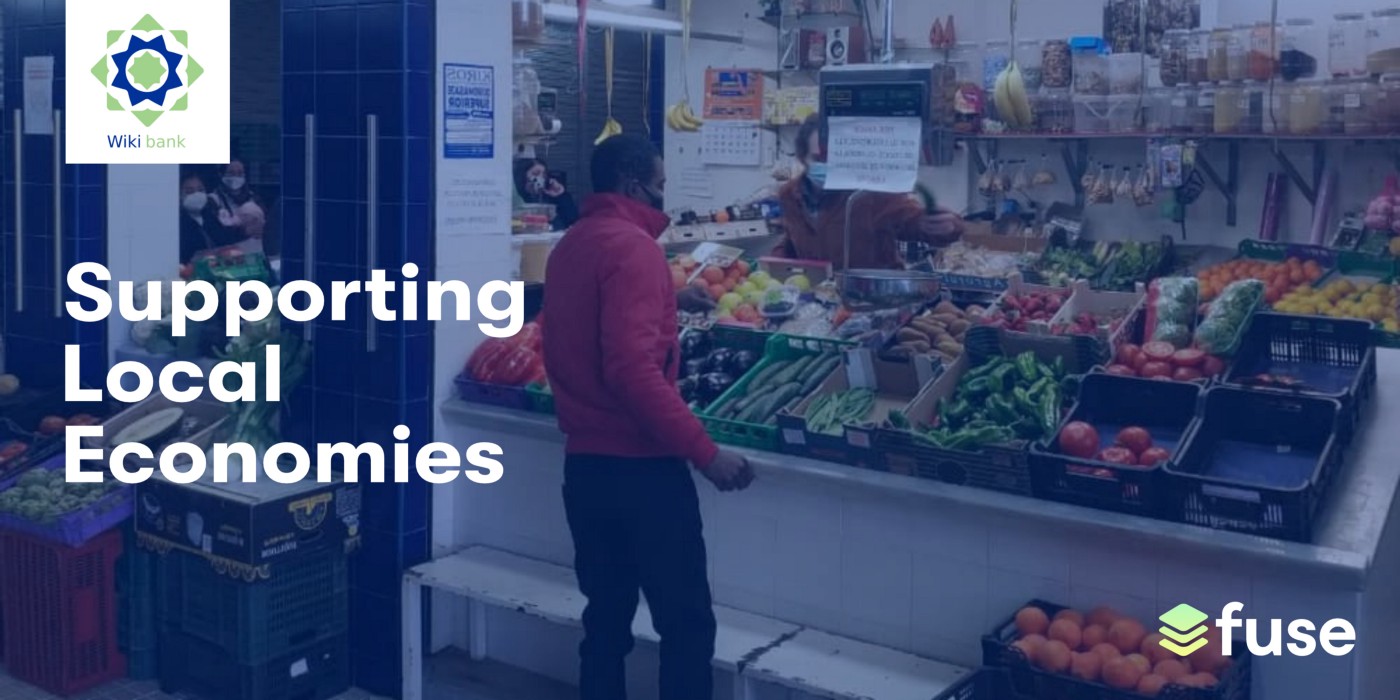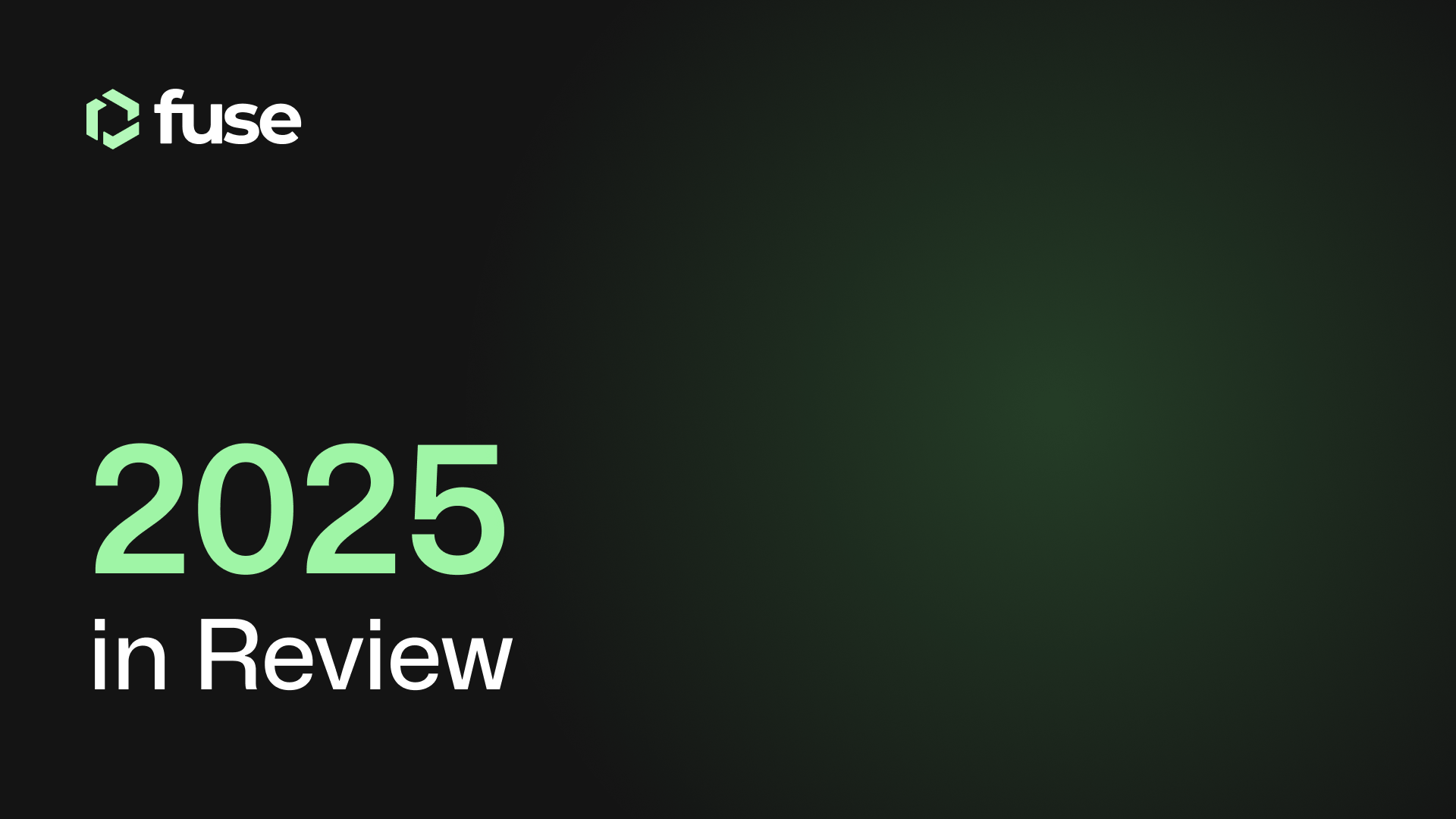Fuse Network has been growing rapidly in all kinds of ways lately, including a host of exciting partnerships and integrations, and repeatedly surpassing all-time-high volumes and liquidity on FuseSwap. Nonetheless, at the heart of what drives Fuse remain payment-centric communities designed to boost decentralized and local economies. One of those communities is Wikibank, a Spanish non-profit project using Fuse to streamline donations to poor families.
Deploying Fuse to Ensure Access to Fresh Food
Wikibank is a community-driven charity primarily operating in Seville. One of the ideas behind the project is to allow recipients of donations from poor neighborhoods to have access to fresh food instead of what they could hope to get from traditional food banks.
Wikibank deploys Fuse by allowing both donors and recipients to use a branded version of Fuse wallet. The donors are able to send Euros to Wikibank which then converts them into Wikibank’s voucher tokens on a one-to-one basis. Wikibank then distributes the tokens to the mobile wallets of the aid recipients who can use the tokens exclusively to purchase fresh produce from specially designated partner shops. The use of the Fuse blockchain and mobile wallet infrastructure allows Wikibank to operate with high efficiency and transparency, meaning that currently, 100% of the donations received by the organization reach their intended users.
Wikibank’s Updates
Over the last few months, the circle of Wikibank’s beneficiaries has grown. 34 additional families are now receiving the voucher tokens, and 5 new partner shops have been recruited. In total, Wikibank is currently helping 90 families via 10 designated shops in two neighborhoods in Seville. It is also about to expand to a neighborhood in Alicante.
Recently, Wikibank has also received a 50,000 euro grant from Block.IS, a startup accelerator aimed at fostering blockchain use in three key sectors of the EU economy, including the Fintech industry which Wikibank is active in. Block.IS is part of the European Commission’s Horizon 2020 research and innovation programme.
Why Wikibank is Worth Watching
While the activity and objectives of Wikibank are worthy of admiration in and of themselves, it also provides an important model of how blockchain technology can be used to scale charitable donations while reassuring the donors that the funds that they provide will be used for the intended purposes.
The problem of targeting donations and preventing donation abuse has long plagued charities with many of them continuing to struggle with it. The reason for this is that monitoring the donation use is almost bound to be either costly or undignifying for the aid recipients, or both. At the same time, there is still a benefit to reassuring the donors that their funds will not be wasted.
The way in which Wikibank applies blockchain technology provides a good-enough solution to the aid targeting conundrum. While there can be no iron-clad guarantee that the Wikibank voucher tokens will be used to obtain fresh food, the fact that token transactions at designated shops are recorded on Fuse’s distributed ledger is a big step forward compared to the currently available ways of tracking aid.
About Fuse
Fuse Network is a scalable platform for token-using applications built upon an Ethereum-compatible proof-of-stake blockchain. Its key features are Fuse Studio, and the upcoming Fuse Cash consumer-facing payment wallet. True to its mission of bringing blockchain-powered transactions to the masses, Fuse enables the rapid creation of communities around customized tokens. Among the projects already running on Fuse are GoodDollar and Wikibank.
Follow our social media channels to stay updated on recent news and developments at
.svg)
.svg)











